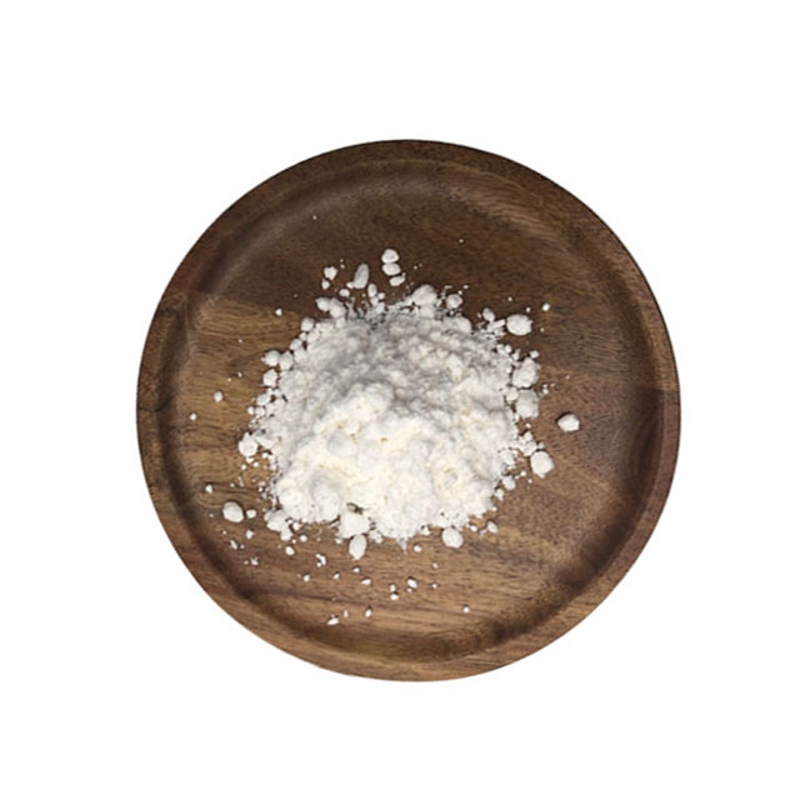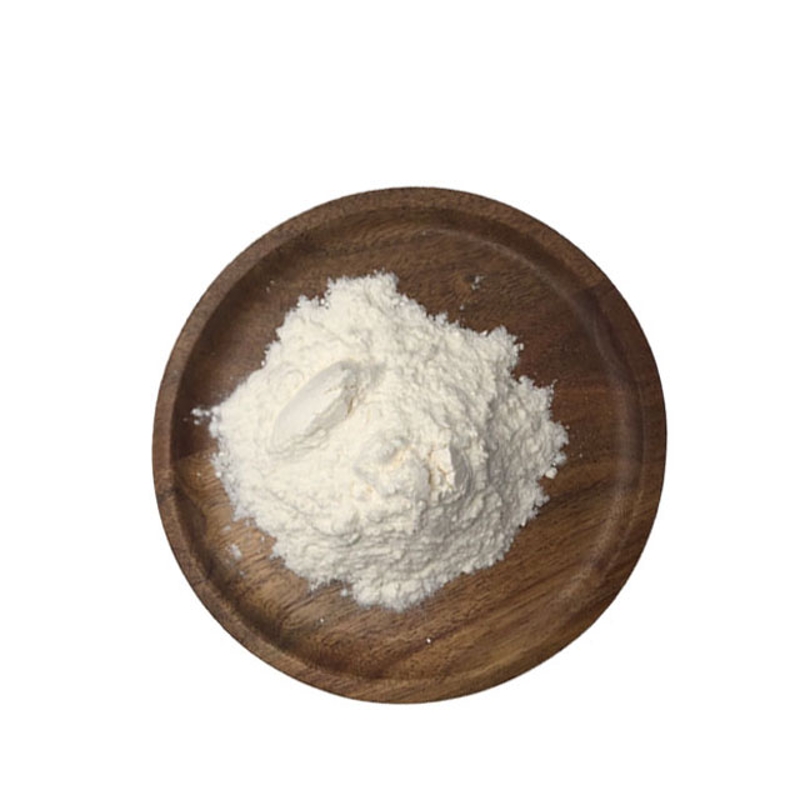-
Categories
-
Pharmaceutical Intermediates
-
Active Pharmaceutical Ingredients
-
Food Additives
- Industrial Coatings
- Agrochemicals
- Dyes and Pigments
- Surfactant
- Flavors and Fragrances
- Chemical Reagents
- Catalyst and Auxiliary
- Natural Products
- Inorganic Chemistry
-
Organic Chemistry
-
Biochemical Engineering
- Analytical Chemistry
- Cosmetic Ingredient
-
Pharmaceutical Intermediates
Promotion
ECHEMI Mall
Wholesale
Weekly Price
Exhibition
News
-
Trade Service
Mitochondrion (mitochondrion) is the "energy factory" of the cell, which is equivalent to the "power plant" in the cell.
There is a set of genetic material independent of the nucleus-mitochondrial DNA (mtDNA) in the mitochondria.
The length of human mitochondrial DNA is 16569bp.
37 genes, encoding 13 kinds of proteins, these proteins are involved in cell energy metabolism
.
In human aging and a series of diseases, mitochondrial DNA (mtDNA) expression changes are involved, and mitochondrial DNA (mtDNA) mutations can directly lead to dozens of serious genetic diseases
.
On April 8, 2021, researchers from the Memorial Sloan Kettering Cancer Research Center in the United States published a research paper titled: Respiratory complex and tissue lineage drive recurrent mutations in tumour mtDNA in Nature Metabolism .
Nature Metabolism Respiratory complex and tissue lineage drive recurrent mutations in tumour mtDNAThe study found that mitochondrial DNA mutations are associated with a significant increase in the survival rate of colorectal cancer patients.
Specifically, the presence of mitochondrial DNA mutations and different types of mutations in tumors reduces the risk of cancer death in colorectal cancer patients by 57% to 93 %
This new study reveals the impact of mitochondrial DNA mutations on cancer, a phenomenon that has been ignored for decades.
This discovery will also have a huge impact on the treatment of cancer patients.
The status of DNA changes the recommended treatment
.
Although most of our DNA is located in the center of the cell nucleus, there is also some DNA in the mitochondria, also known as mitochondrial DNA (mtDNA).
These mitochondria are the "energy factories" in the cell, which can help us convert sugar into energy to supply the cell.
And human consumption
.
Just as there are random mutations in our nuclear DNA, so too can the DNA in mitochondria
.
It is well known that mitochondrial DNA mutations occur in cancer cells, but the role of mitochondrial DNA mutations in cancer cells for the development and treatment of cancer is still poorly understood
In order to answer these questions, researchers from the Memorial Sloan Kettering Cancer Research Center in the United States and the Cancer Science Institute of the University of Glasgow in the United Kingdom collaborated to collate and analyze data from the largest tumor sample database TCGA, including mitochondrial genome data and patient response Clinical results
.
By analyzing the data of 344 colorectal cancer patients, the research team compared the mitochondrial mutation group with the cancer survival rate, and found that after adjusting for variables such as age that affect cancer risk, the presence of mitochondrial mutations and the risk of death from colorectal cancer The reduction of 57% to 93% is related, depending on the type of mitochondrial DNA mutation-truncating mutation (Truncating) and indeterminate mutation (VUS)
.
To determine the prevalence of mitochondrial mutations in a wider range of cancers
.
The research team looked at existing data from more than 10,000 tumor samples from 23 cancer types to look for frequently recurring mitochondrial mutations
These results indicate that not only in colorectal cancer, mitochondrial DNA mutations may also play a role in the survival of other types of cancer
.
Further research is needed to understand the wide-ranging effects of mitochondrial DNA mutations in different cancers and to study the biological basis behind them
This new study reveals the impact of mitochondrial DNA mutations on cancer, a phenomenon that has been ignored for decades.
This research also reminds us that for cancer, we still have many areas that we haven't been involved in.
Original source:
Original source:Gorelick, AN, Kim, M.
Respiratory complex and tissue lineage drive recurrent mutations in tumour mtDNA.
Leave a message here







